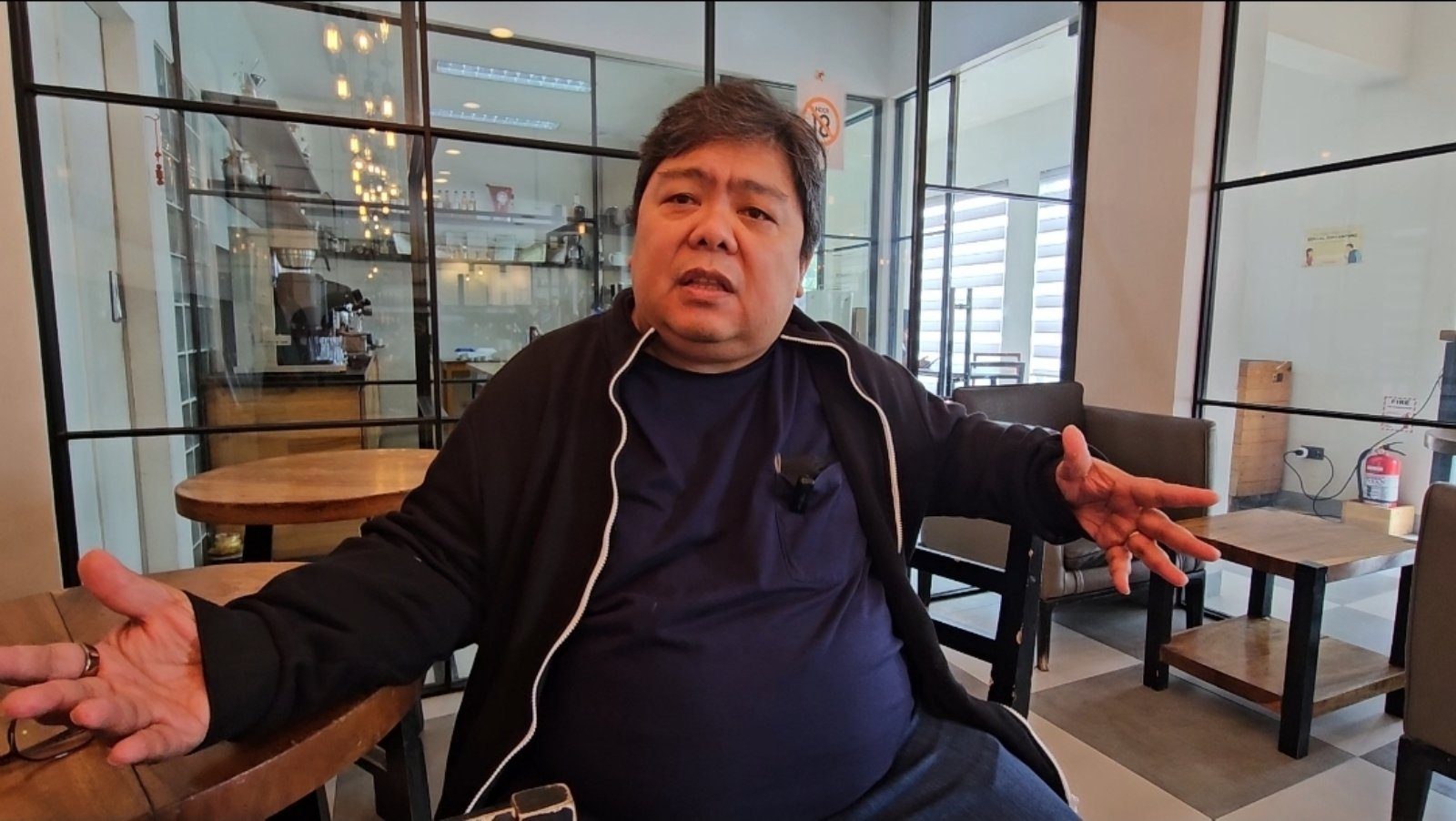Physical Address
304 North Cardinal St.
Dorchester Center, MA 02124
Physical Address
304 North Cardinal St.
Dorchester Center, MA 02124

This is AI generated summarization, which may have errors. For context, always refer to the full article.
‘The deeper issue is that production is falling – it’s an agriculture problem, not just a coffee problem,’ says Cafe de Lipa president Omar Mercado
BATANGAS, Philippines – Despite rising global coffee prices, Filipino farmers are still grappling with declining production and systemic agricultural challenges. While coffee farmers are getting paid more per kilogram, beneath the surface, a deeper crisis is simmering.
“The prices of coffee have almost doubled for Arabica, and even tripled for Excelsa and Robusta,” said Omar Mercado, president of Cafe de Lipa. “Which is actually good for Filipino farmers. But the deeper issue is that production is falling – it’s an agriculture problem, not just a coffee problem.”
While global demand for coffee continues to rise, supply in the Philippines is shrinking. The country, once among the top coffee producers in the world, no longer ranks in the top 20.
According to Mercado, current production is now just a quarter of what it used to be.
“In Batangas and Cavite, it’s no longer viable to grow coffee. The land is too expensive, and it’s more profitable to develop it for real estate,” he explained. “So ang pag-asa natin is Quezon and Bicol (Our hope is Quezon and Bicol).”
Much of the decline, he said, stemmed from decisions made decades ago when coffee prices crashed.
“There was a cycle when prices of coffee were down so the farmers chose to cut the trees. Coffee takes seven years to grow. Without long-term government support, people just stopped planting,” he said.
Aside from production challenges, the country continues to be an “instant coffee country,” said Mercado, referring to the dominant local consumption of low-grade, processed coffee.
“We’re a relatively young coffee country in terms of enjoying coffee,” he said. “We don’t yet appreciate things like washed coffee, proper sizing, or the 1% maximum defect count – all of which help increase bean value.”
Despite the local price of Excelsa rising from P120 to P390-P420 per kilogram, it still falls short of international rates.
“Abroad, Arabica can fetch P600 to P1,000 per kilo. So there’s room for our farmers to grow, if we can improve quality and practices,” said Mercado.
However, increasing quality and output will require more than price incentives. While the Department of Agriculture has programs in place – including sponsorships to international coffee expos – Mercado said support remained scattered and unsustainable.
“If you talk to the DA, they have everything, but it’s not a holistic program. For coffee there’s no real program in place, kulang talaga siya (it’s lacking),” he said.
He said the Philippines has remained a net importer of coffee despite its export potential, especially for Liberica and Excelsa.
“The question is: where can we still plant it?” Mercado asked. – Rappler.com